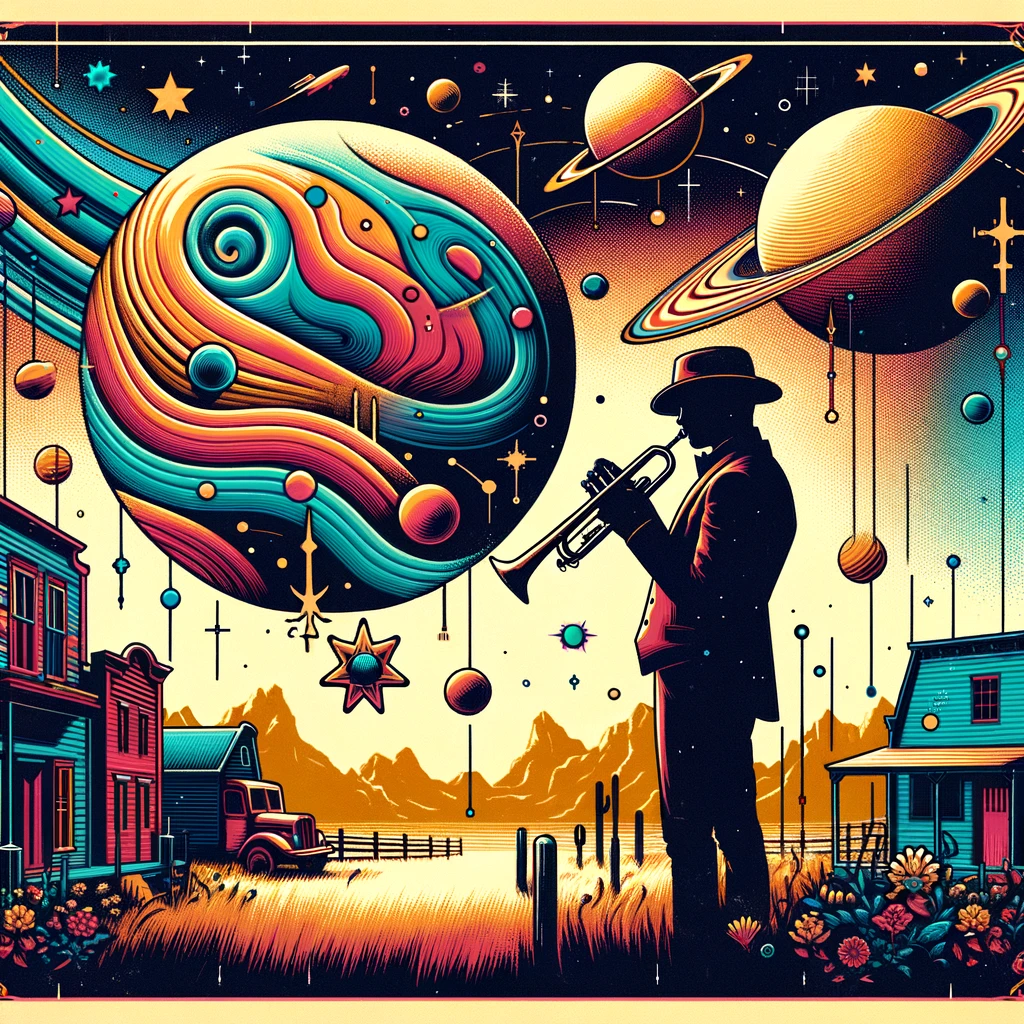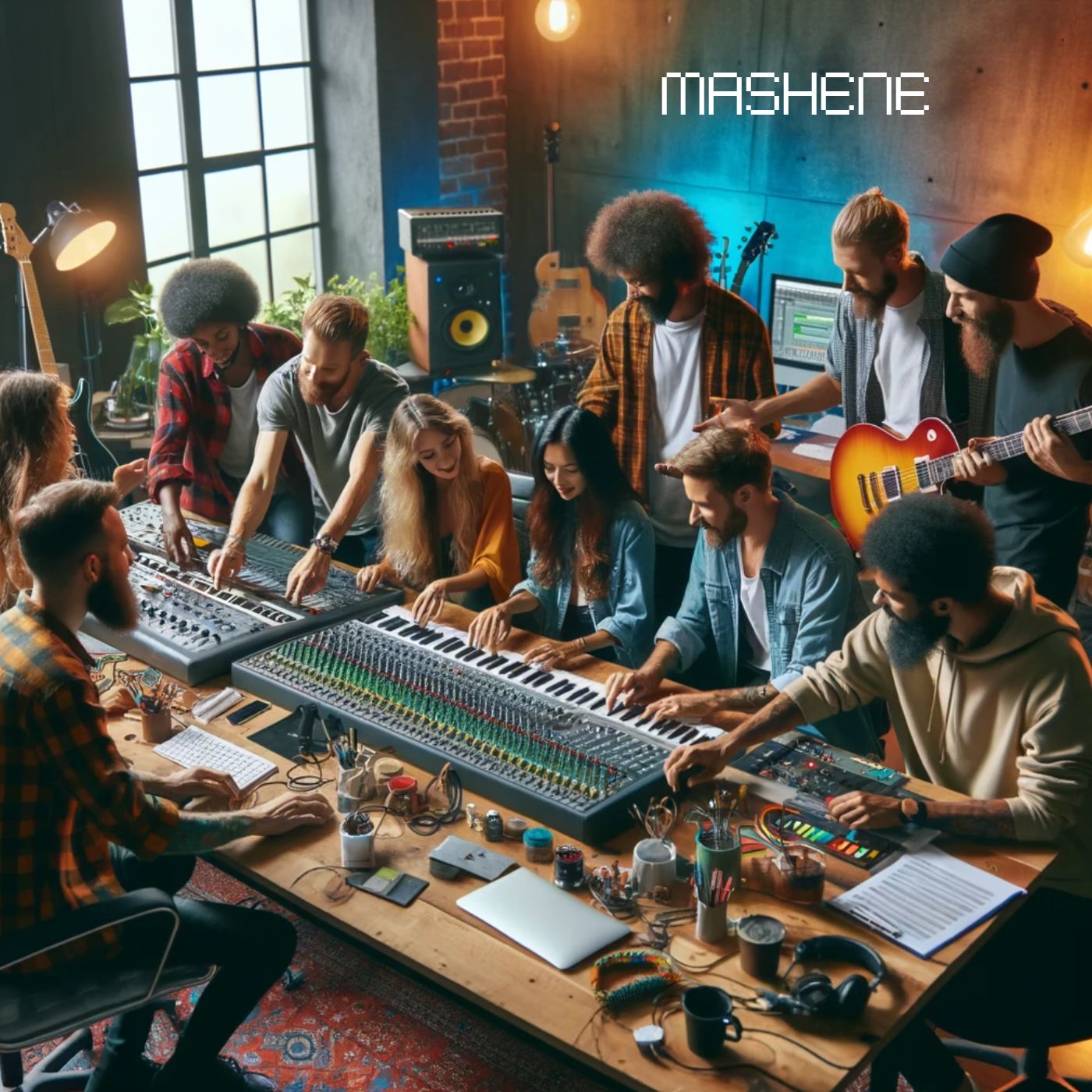Tag: mashene
-
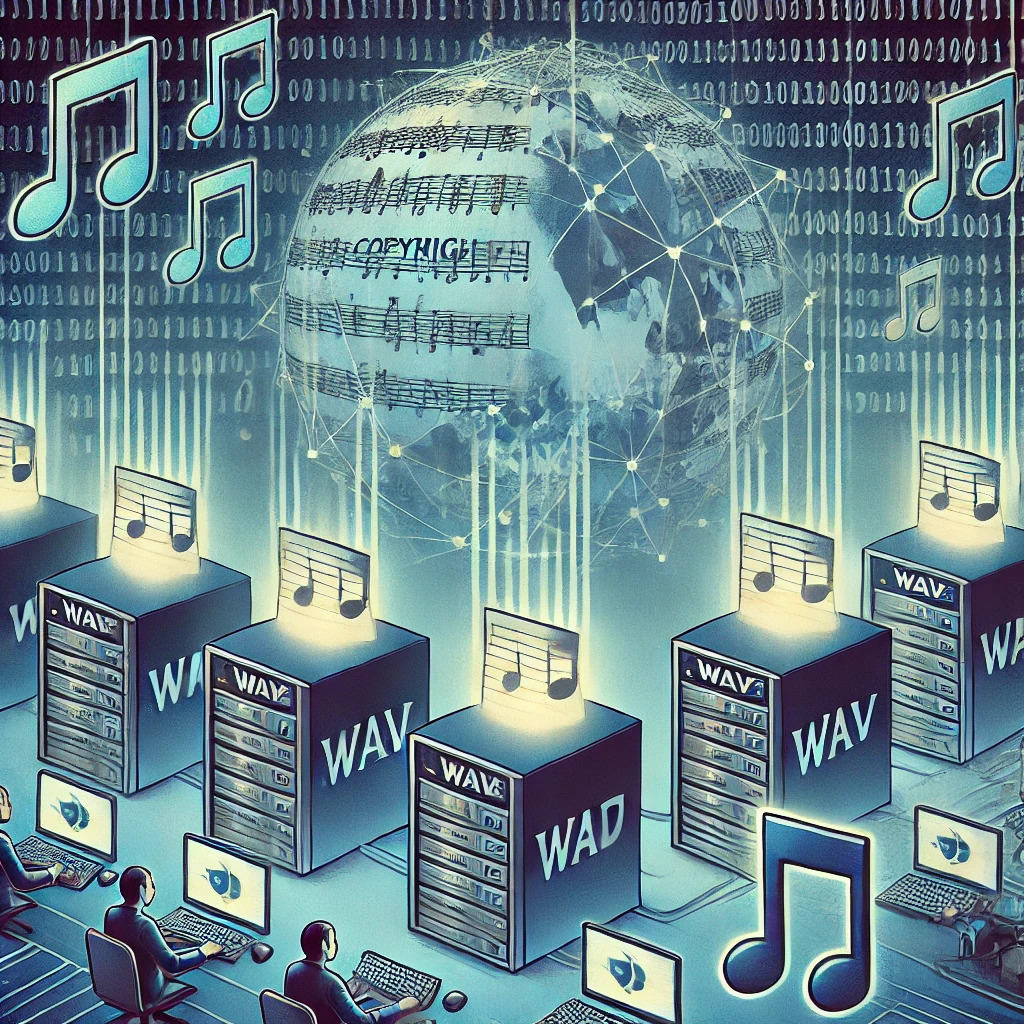
Navigating the Legal Landscape of AI-Generated Music: Ethical and Regulatory Implications
The intersection of AI technology and copyright law is a dynamic and evolving field. As legal battles unfold, they underscore the need for clear guidelines and proactive policies to manage AI-generated content responsibly. By embracing transparency and collaboration, businesses can harness the creative potential of AI while mitigating legal risks. The future of AI in…
-

The Decline of Music Interest Among Gen Z: A Deep Dive
The current state of music interest among Gen Z reflects broader cultural shifts influenced by digital convenience and changing values. While the availability of music has never been greater, this ease of access has inadvertently led to a decline in appreciation, creativity, and respect for the art form. Addressing these challenges requires a concerted effort…
-
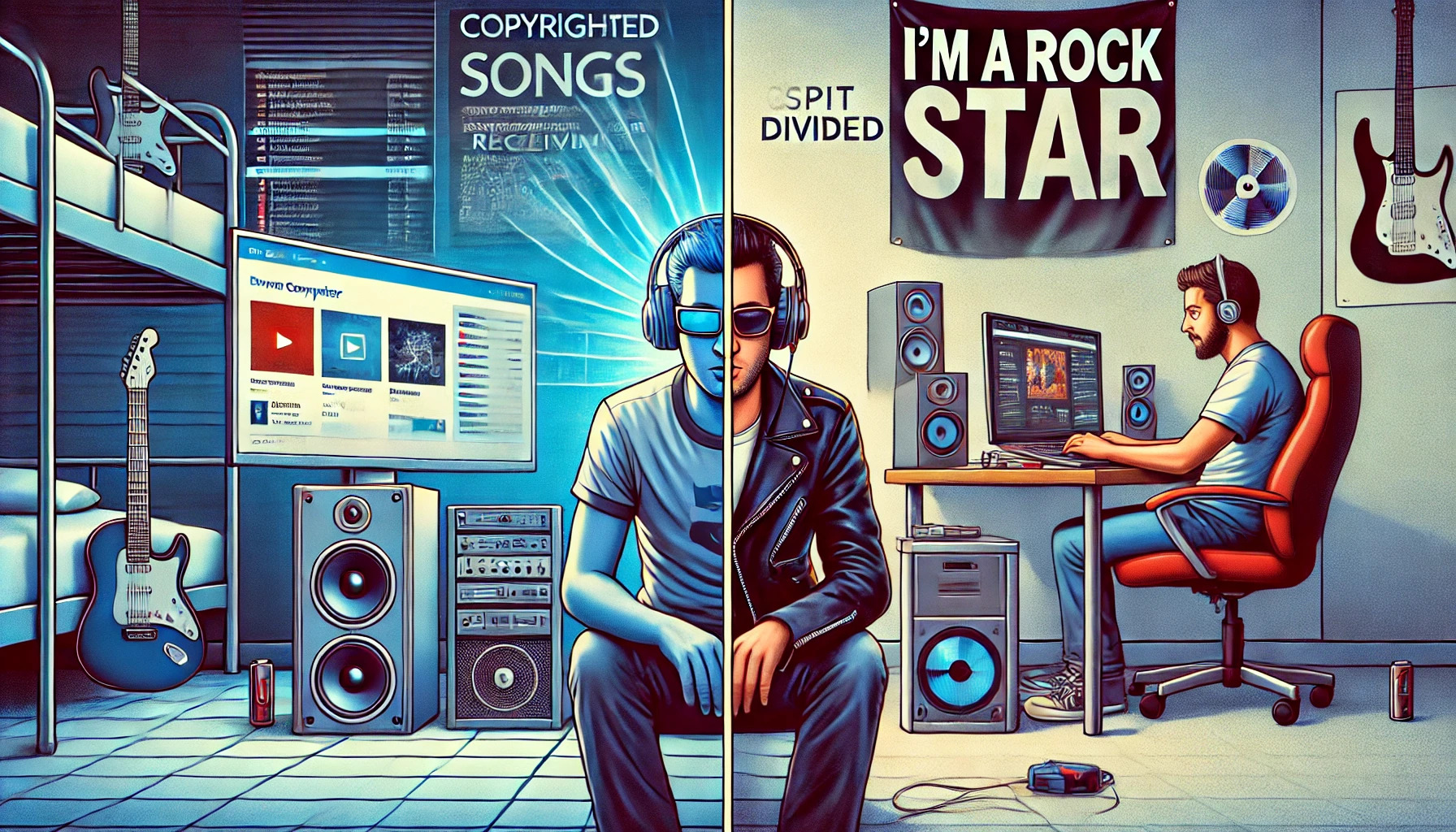
The Impact of AI on Music Copyrights and Legalities
The integration of AI into the music industry is reshaping the landscape of creativity, ownership, and legal protections. As generative AI continues to evolve, so too must the frameworks that govern it. Balancing technological innovation with ethical and legal considerations is essential to ensure a harmonious future for music and technology.
-

Revolutionizing Sports Broadcasting: NBC’s AI-Powered Personalized Olympics Coverage
As the countdown to the 2024 Paris Olympics continues, NBC’s AI-powered personalized recaps promise to revolutionize the way fans engage with sports coverage. By leveraging advanced AI technology and the iconic voice of Al Michaels, NBC is poised to deliver an unparalleled viewing experience that is both innovative and deeply personal. This initiative not only…
-
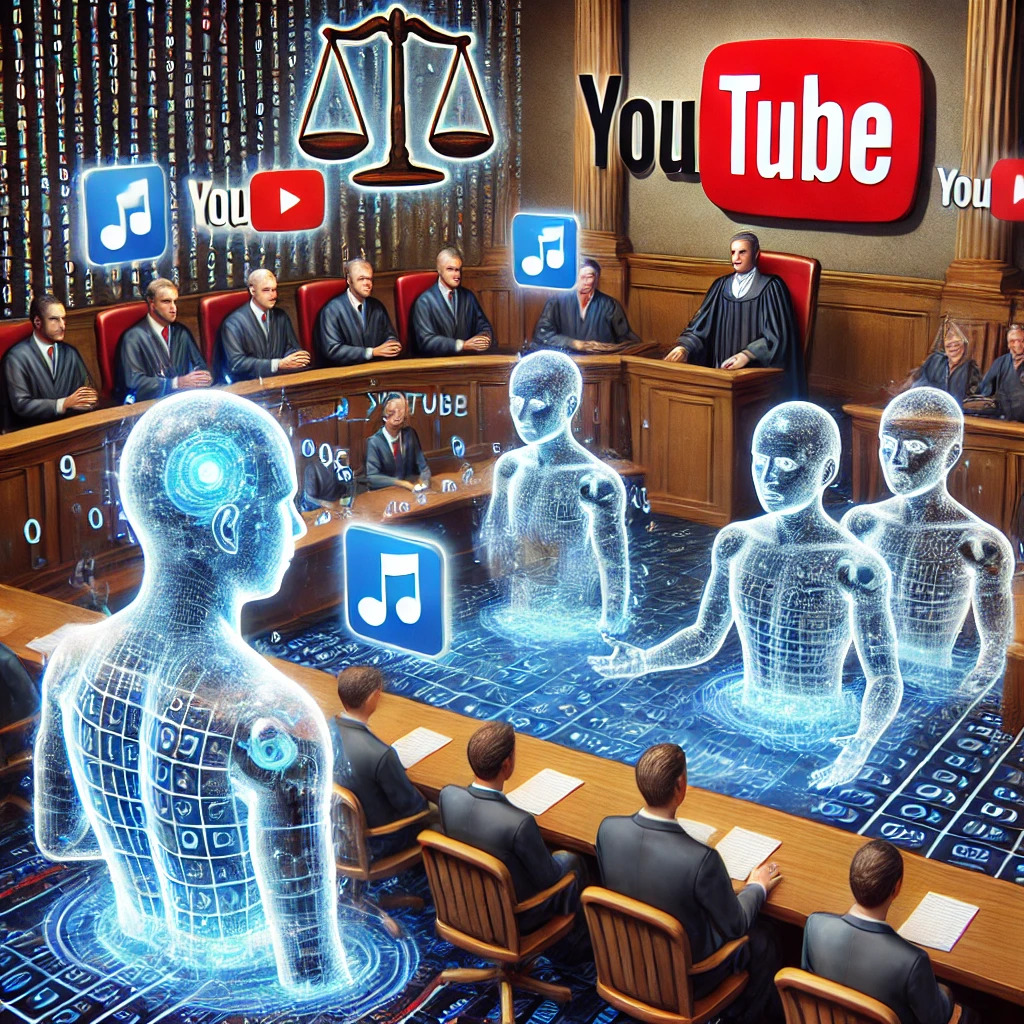
OpenAI and Google: The Ethical Implications of Training AI with YouTube Data
The use of YouTube data by OpenAI and Google for AI training highlights the complex interplay between technological advancement, legal frameworks, and ethical considerations. As AI continues to evolve, it is imperative that the industry adopts responsible practices that respect the rights of content creators and adhere to established legal and ethical standards. By addressing…
-
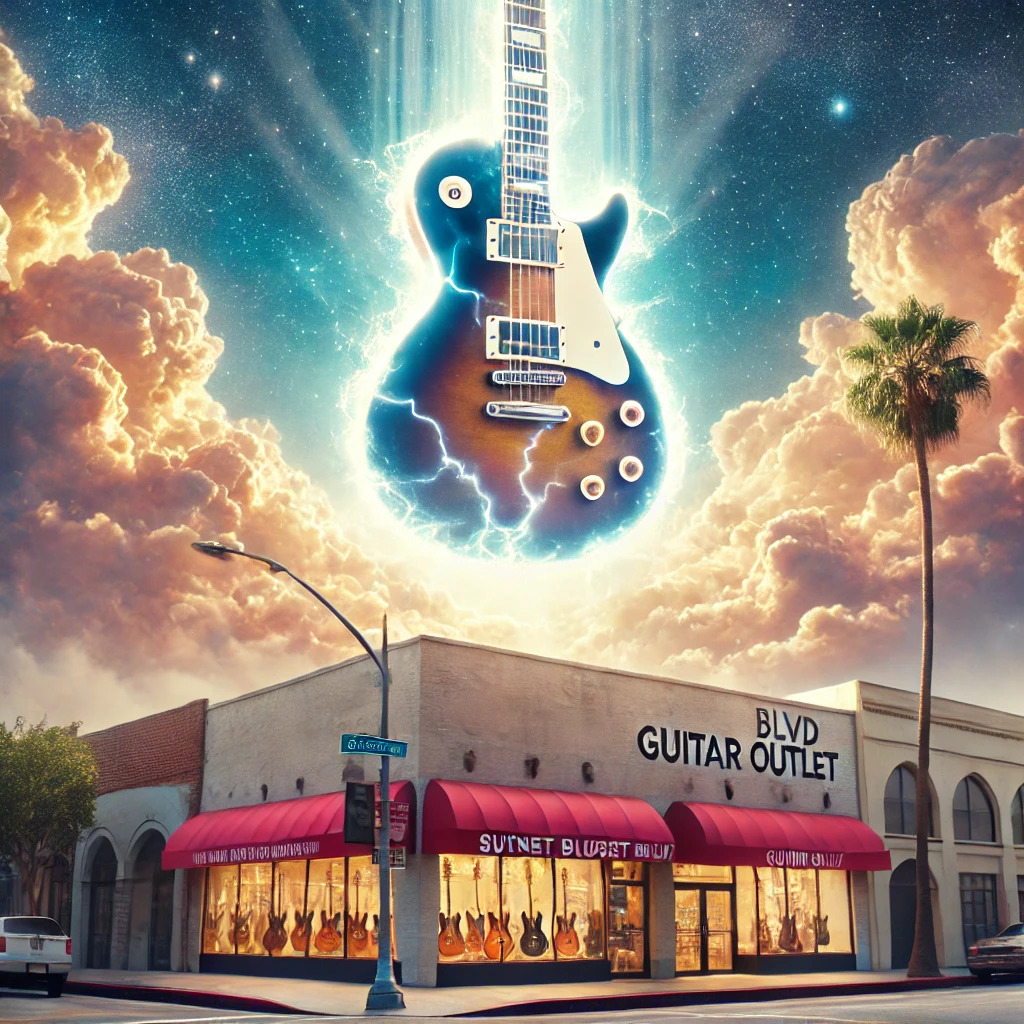
The Rise of Online Retail: A New Era for Guitar Shopping
The success story of Sam Ash Music, once described as a “uniquely American success story,” now serves as a poignant reminder of the relentless march of digital transformation. As Majeski concludes, “This isn’t a business for the weak of heart.” The retail landscape has irrevocably changed, and businesses must adapt to survive. Online stores offer…
-
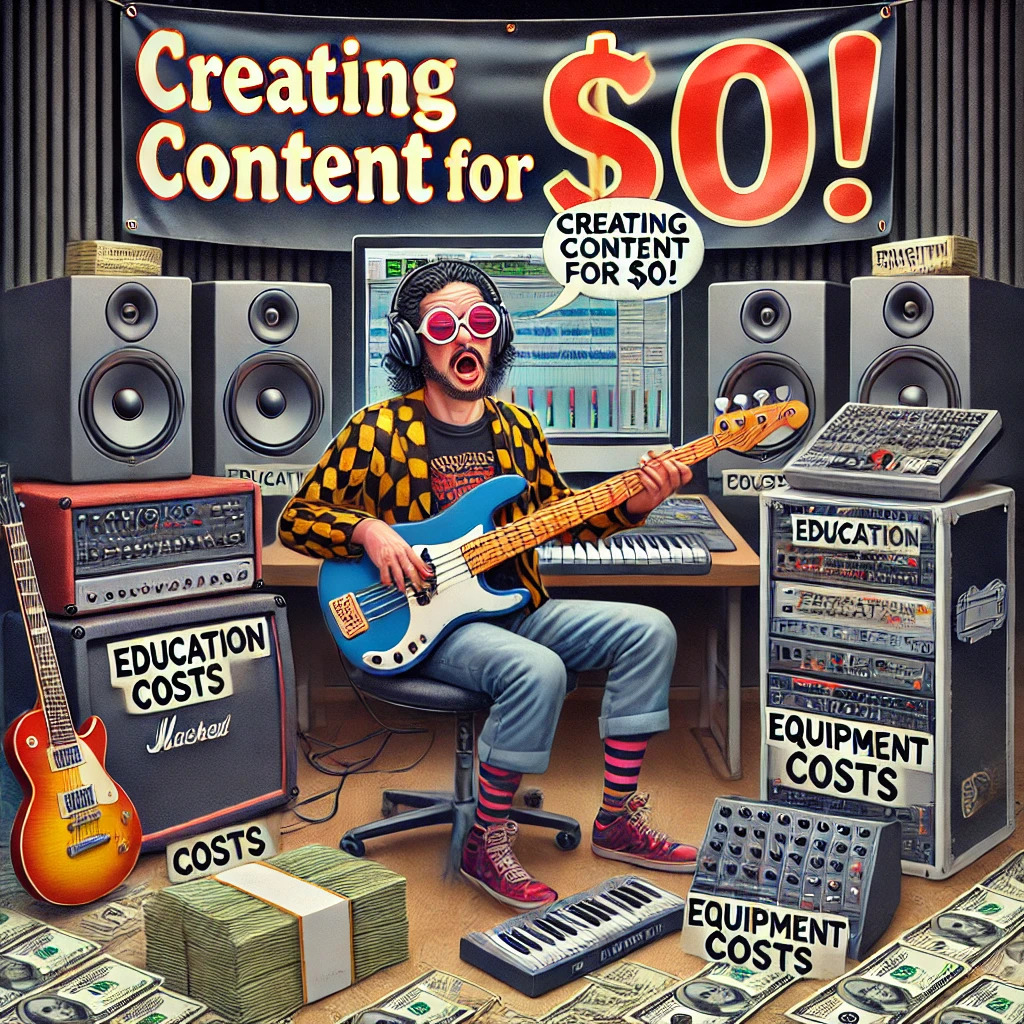
The True Cost of Creating Music in the Digital Age
The assertion that the cost of creating content is “close to zero” is not only misleading but also detrimental to the appreciation and support of the music industry. Musicians invest heavily in their craft, both financially and in terms of time and effort. Recognizing and valuing these contributions is essential for fostering a vibrant and…
-
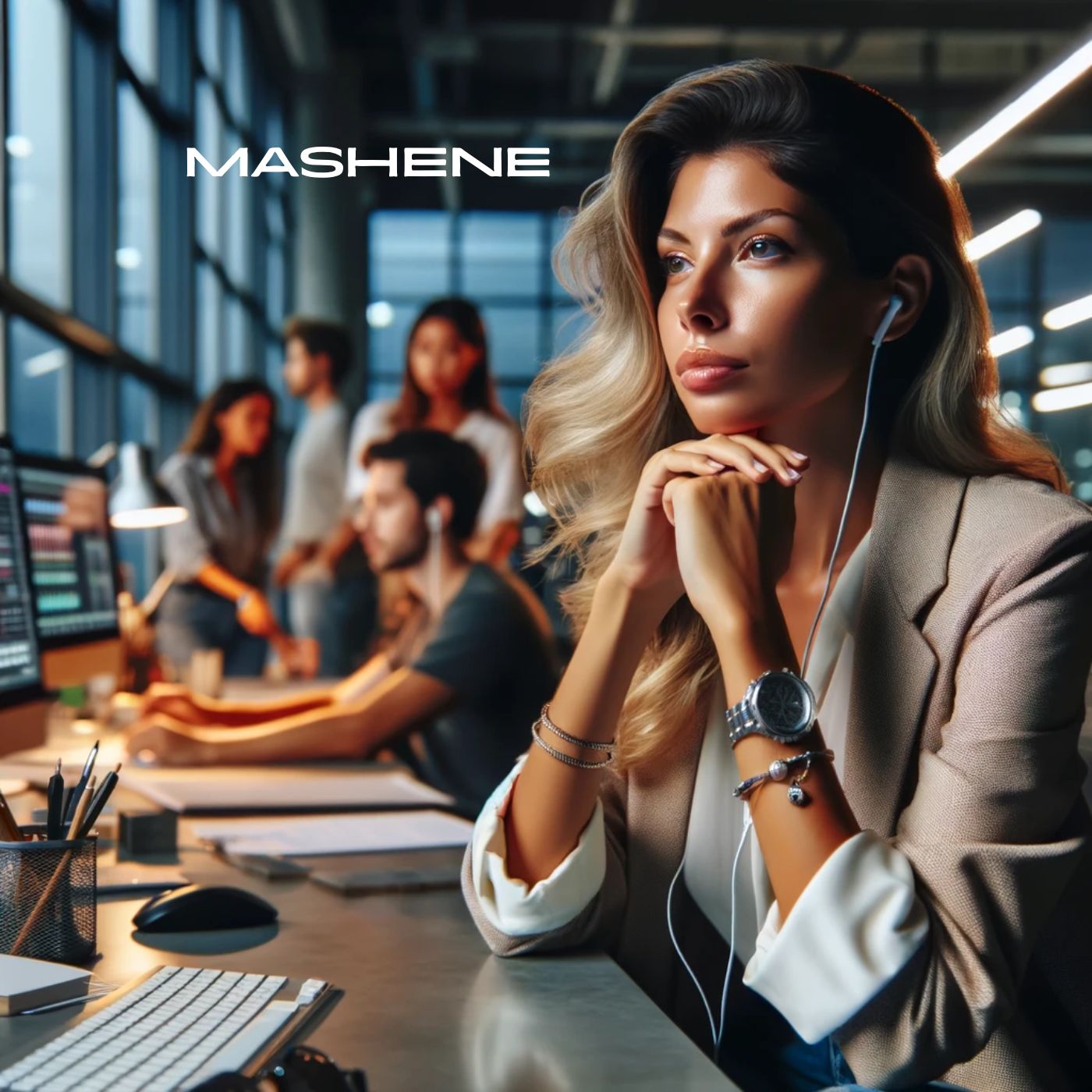
2024’s Sync Revolution: Capture Every Trend Old Tracks Won’t Cut It. Discover What’s Next!
Dive into 2024’s sync licensing scene, where Afrobeats and Amapiano set the stage for an audio revolution, and Latin genres bring vibrant energy to every beat. Country music emerges as an unexpected hero, offering fresh, upbeat tracks for diverse media. Embrace this dynamic shift and stay at the forefront of the industry’s evolving soundscape
-
